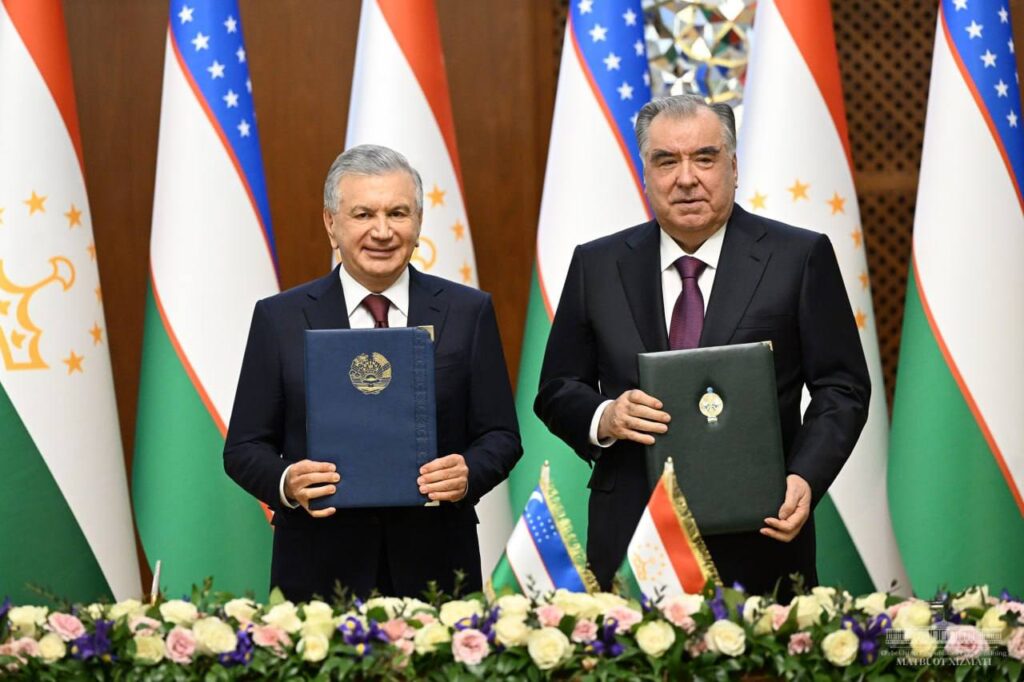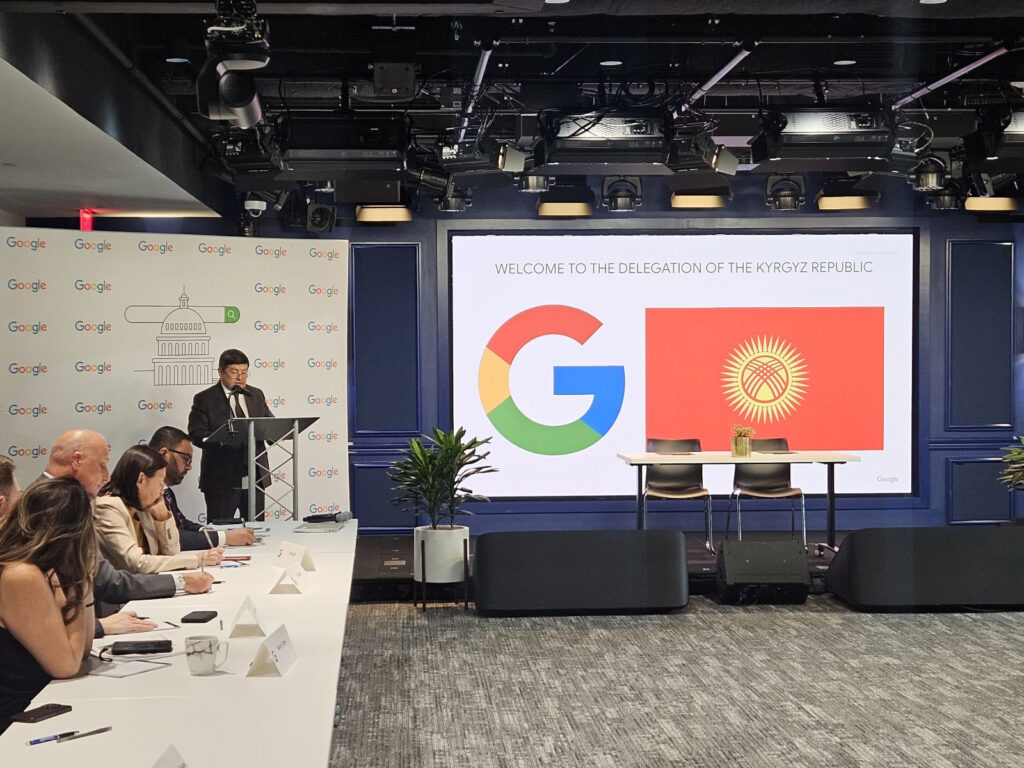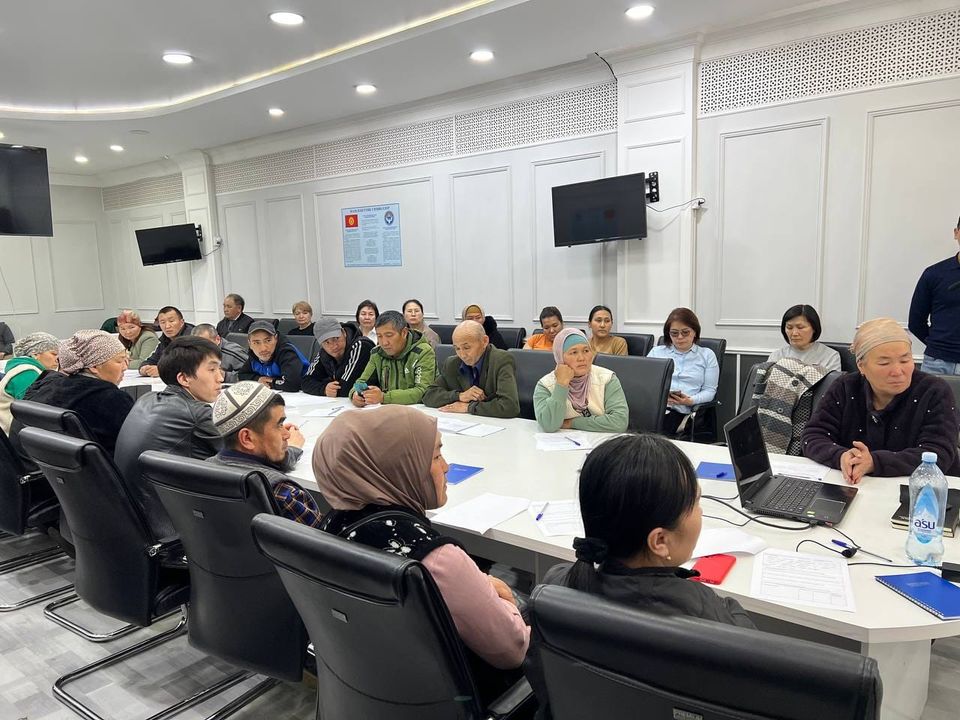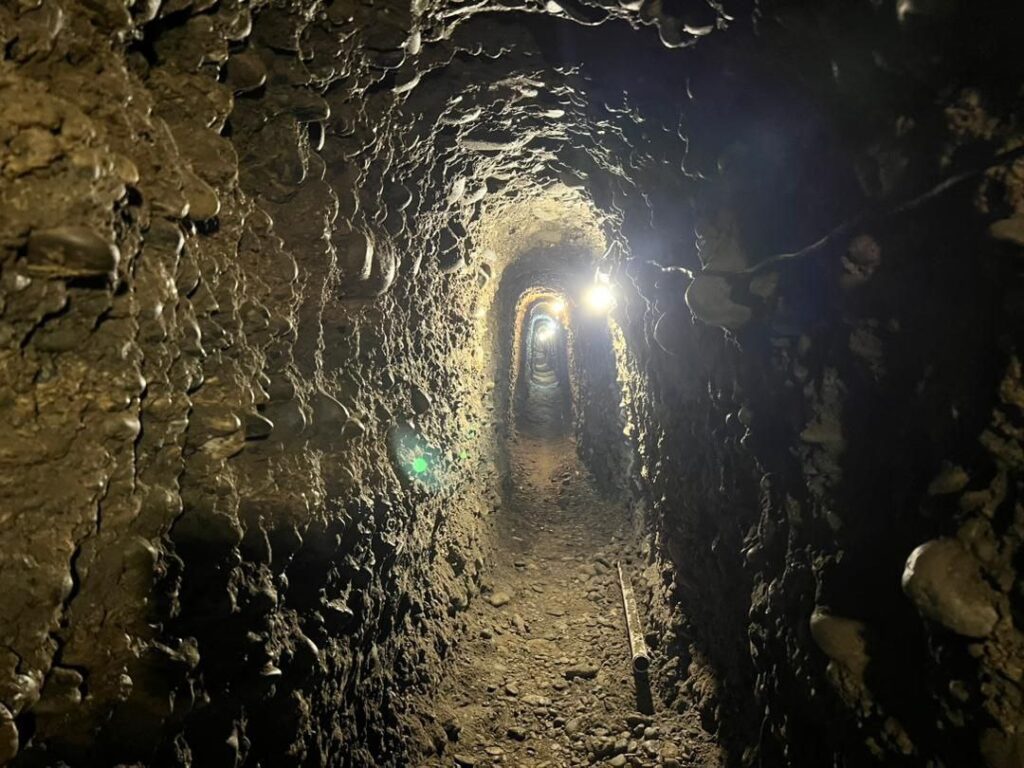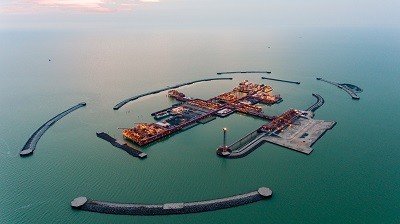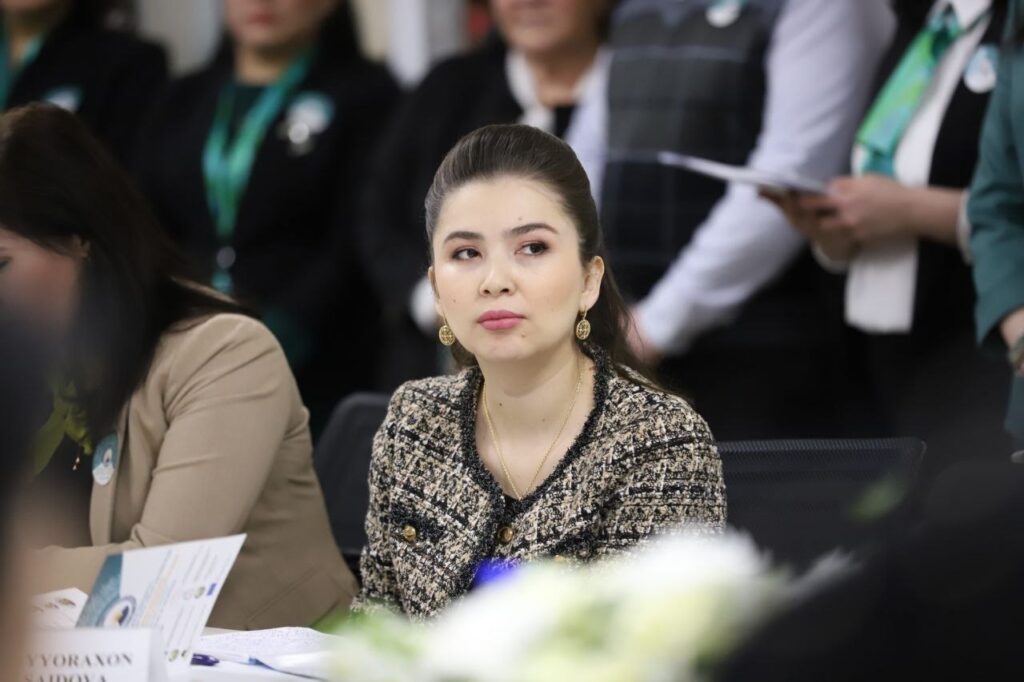TASHKENT, Uzbekistan – Uzbekistan has this to say to any young Uzbek citizen interested in science: Step up and collaborate.
Uzbekistan’s Council of Young Scientists, or CYS, is seeking to expand the ranks of fledgling scientists, overseeing financial and other support as well as programs to attract researchers. The group, founded in 2017 under a presidential initiative, had more than 10,000 members in 2022 and the number has tripled since then, according to director, Sayyora Saidova.
In an interview with The Times of Central Asia, Saidova talked about the surge of interest in science in Uzbekistan.
“Even though the age limit for membership in the organization is 30, scientists under 45 are also members of our organization,” said Saidova, who has a PhD in philosophy. “We are ready to accept every young person interested in science as a member of the organization. In most cases, young scientists apply to CYS to find a scientific supervisor.”
The non-governmental group has organized free online and in-person conferences, offering a platform for young people to publish articles that are checked for quality by an editorial board. Young inventors are encouraged through forums and competitions, and it helps to patent their ideas, Saidova said.
The council introduced the “PhD sari qadam” (Step to PhD) project through social networks to support aspiring female scientists. In its second season, organizers selected a hundred women who were trained for two months on how to complete a PhD. Saidova spoke to The Times of Central Asia, or TCA, after the project’s closing ceremony on April 5.
Dilorom Mamadjanova, a participant in the “PhD sari qadam” project, said Uzbekistan offers adequate opportunities for young researchers.
“In our country, as in countries such as Germany, Finland, and the Czech Republic, doctoral students do not pay any fees,” said Mamadjanova, a doctoral student at Tashkent State Pedagogical University. However, she pointed out difficulties.
“In some higher education institutions, doctoral students are required to come to the university every day, [as] daily attendance is taken,” she said in written remarks to TCA. “I believe that doctoral students should spend time in research facilities for their research work – libraries and similar places useful for dissertation work.”
Mamadjanova also noted that there were “small obstacles” when a doctoral student wants to use the database of another university’s library and is required to get a letter of application from his or her own university in order to do so.
“I believe that this is a time-consuming, bureaucratic process,” she said.
Saidova said the Council of Young Scientists cooperates with the Ministry of Innovation, helping young researchers in chemistry and physics get permission to use laboratories and access international literature.
“Although CYS does not have its own fund, it participates in many state and international grants. We directly mediate between international organizations and researchers,” Saidova said. “Last year, the UNICEF organization announced a grant to fight against corruption. CYS brought together all young scientists doing scientific work in this field. The organization directly helped young researchers participate in this grant as an intermediary partner.”
The council wants to publish a magazine to highlight the work of young Uzbek scientists, but lacks funds. Meetings among young scientists from several Central Asian countries have been fruitful. In 2022, Saidova said, Kazakh scientists came to Uzbekistan to conduct surveys.
“Their project aims to work on the problem of ´social understanding´ and ´social disputes´ to strengthen cooperation between young and middle-aged people,” she said.
Dilnozakhan Tursunova, 26, is a doctoral student at the Tashkent Institute of Chemical Technology and a member of the Council of Young Scientists. She won a 2022 award in Uzbekistan for the idea of obtaining organic fertilizer by extracting keratin protein from chicken feathers.
“More than 2.5 tons of feathers are thrown away as waste from a poultry factory in a month,” Tursunova said in a video call with TCA. “It is an urgent issue to reduce the amount of environmental waste and create technology for working without feather waste in poultry factories.”
It is, Tursunova said, an international problem.


